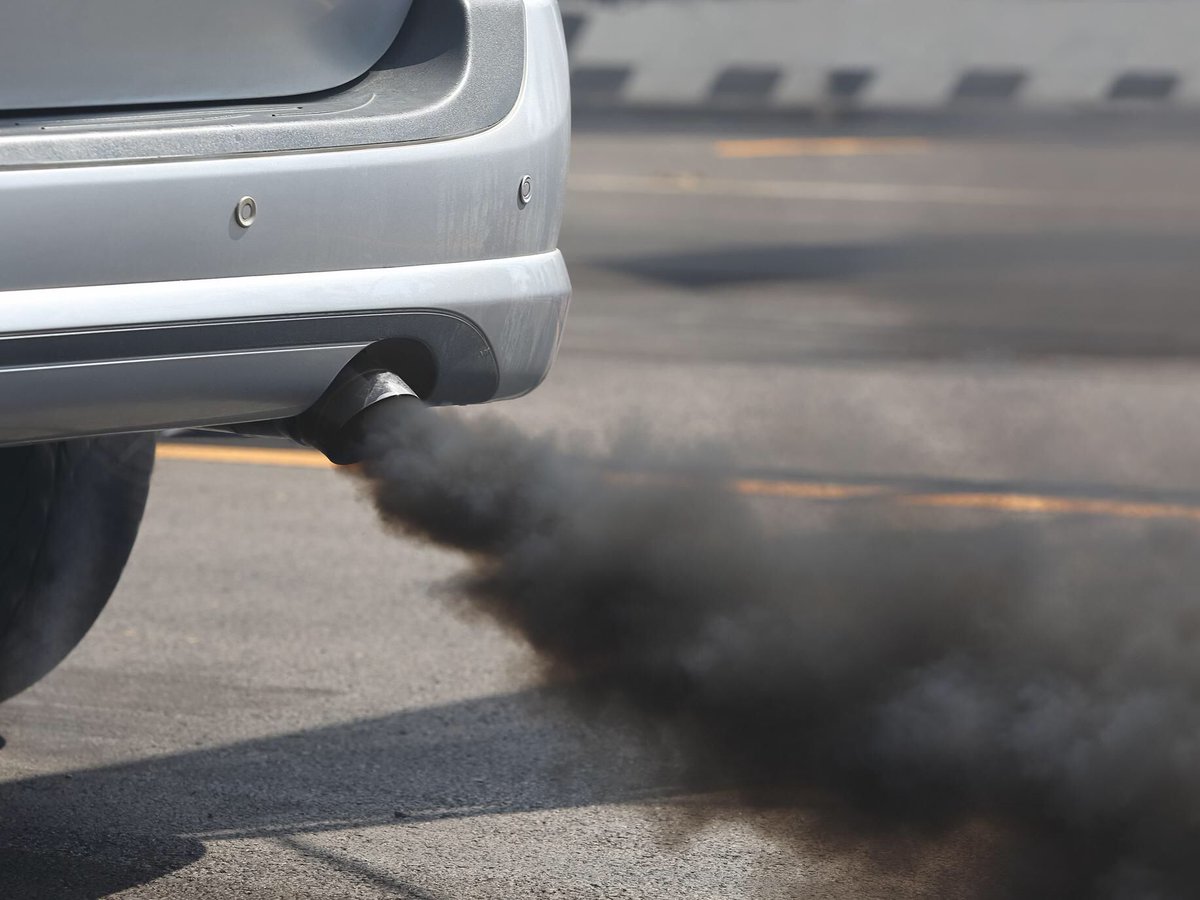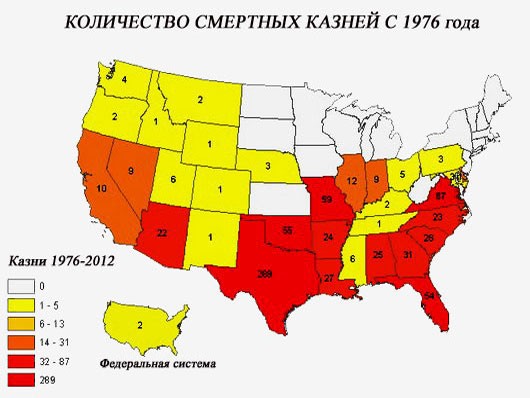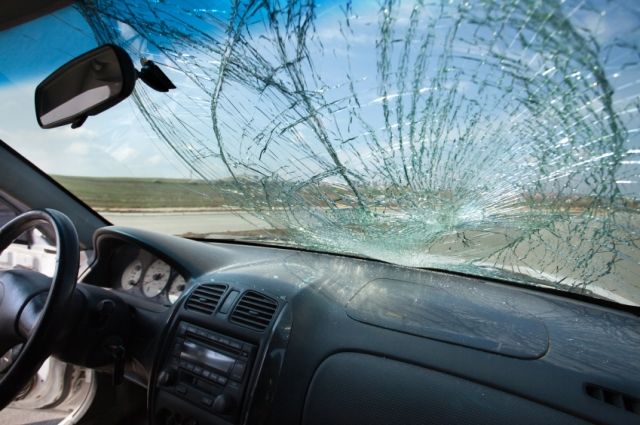
Why do diesel cars emit black smoke?
There is a common misconception among gasoline drivers that diesel engines are "dirty" and that they all emit black smoke. Actually it is not. Take a look at any well-maintained diesel car and you won't notice black smoke coming out of the exhaust. This is actually a symptom of poor maintenance and faulty components, and not a symptom of burning diesel in and of itself.
What is smoke?
The black smoke from a diesel is actually unburned diesel. If the engine and other components were properly maintained, this material would actually burn out in the engine. So you can tell right off the bat that any diesel engine spewing black smoke isn't consuming fuel the way it should.
What causes it?
The main cause of black smoke from a diesel engine is the wrong ratio of air and fuel. Either too much fuel is being injected into the engine, or too little air is being injected. In any case, the result is the same. Notably, some drivers actually pay to have their cars modified for this. It's called "rolling coal" and you'll see it primarily on diesel pickups (plus it's expensive and wasteful).
Another reason for this problem is poor injector maintenance, but there are several others. These include the following:
- Blocked or clogged air filter or air intake
- Contaminated fuel (such as sand or paraffin)
- Worn camshafts
- Incorrect tappet adjustment
- Incorrect backpressure in the car exhaust
- Dirty/clogged fuel filter
- Damaged fuel pump
Finally, you may notice black smoke from the diesel engine because the driver is "dragging" it. Basically, it refers to staying in a high gear for too long. You'll notice it most on big cars on interstate highways, but you can see it to some extent on other diesel engines as well.

